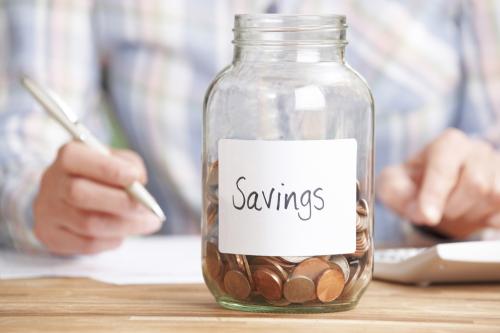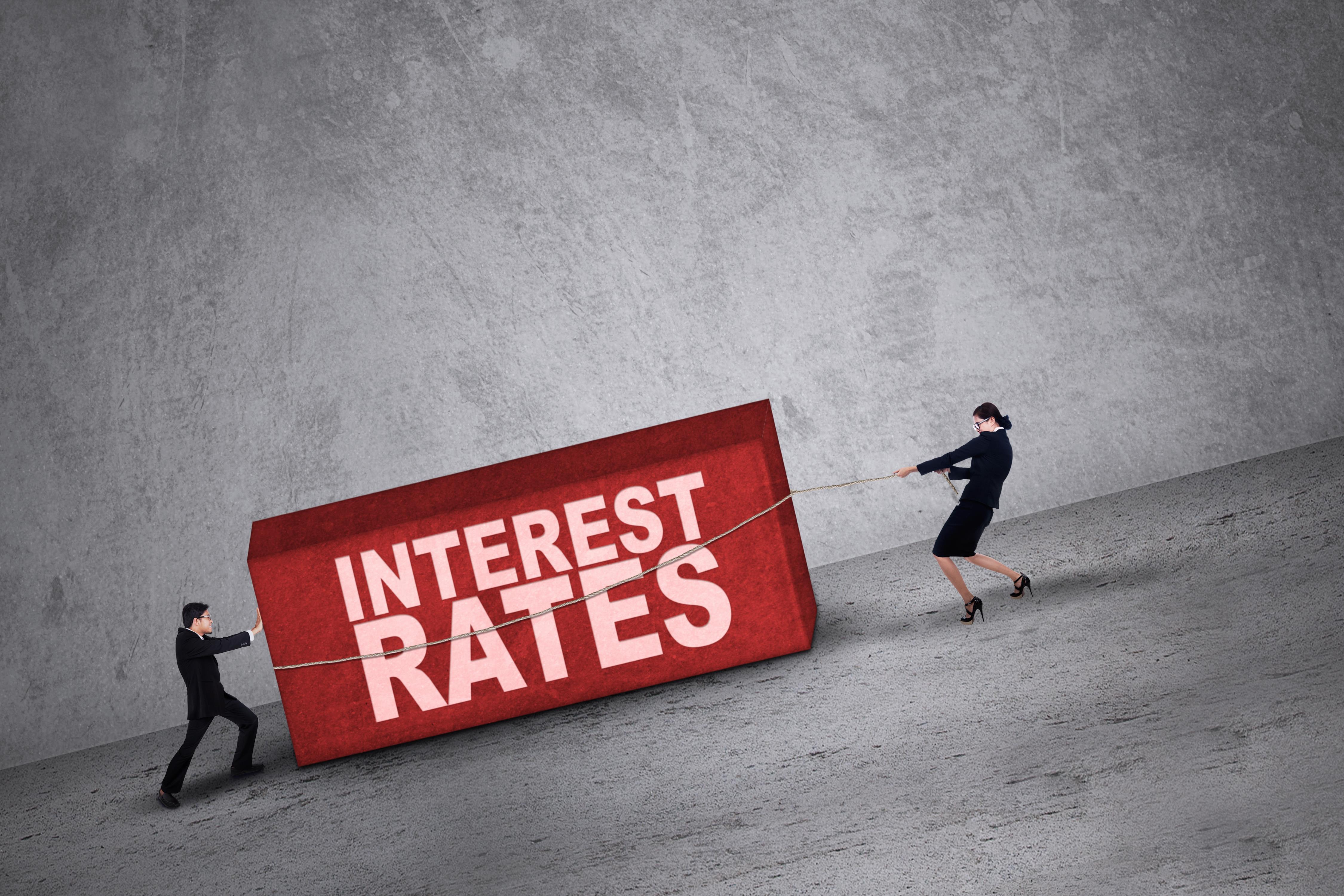


What does the base rate really mean, and how does it affect your ability to save
2017 was a tough year for UK savers thanks to high inflation and low saving rates, however the Bank of England’s decision to increase the base rate from 0.25% to 0.5% back in November may represent a light at the end of the tunnel for some. Now the dust has settled we wanted to give a little perspective on what has changed, why, and what it means (in real terms) for your money.
What is the base rate?
The base rate is the interest rate which the Bank of England adopts when lending to other banks. This in turn guides the interest rate UK banks use when they lend as well as what they pay out to savers who deposit with them.
Why was it raised?
In a nutshell, the base rate was raised to curtail inflation which has been rising steadily since 2015. Higher interest rates typically encourage people to save more and therefore spend less, causing the economy to slow down and inflation to decrease.
What does it mean for my day to day finances?
Like with any interest rate change, everyone will be affected differently. Those with variable mortgages on their house will see an increase in costs roughly equivalent to £200 a year per £100,000. Fixed rate mortgages will be unaffected for the duration of the fixed period but will see an impact once this ends. The decision is long awaited good news for savers however. In theory, every £10,000 saved will see an extra £25 interest over the year – unless your provider hasn’t increased its rates in line with the new base rate. With the possibility of more rate rises in the pipeline it’s a promising sign.
Have all deposit rates now changed to reflect the rise?
No, and this an important point to note. Over two months on from the announcement, not all banks have passed on the 0.25% increase in full to their customers. Recent figures from Moneyfacts suggested that fewer than seven in ten banks offer rates above the base rate. It is therefore worth doing your homework to see how the change will affect you personally.
Is there more to come?
This very much depends on who you ask and on a number of variable factors such as the success or failure of Brexit talks. Bank of England Governor Mark Carney has said that future rises would be ‘gradual’ and ‘limited’, anticipating that the Bank of England would most likely raise the base rate ‘two more times over the next three years’



